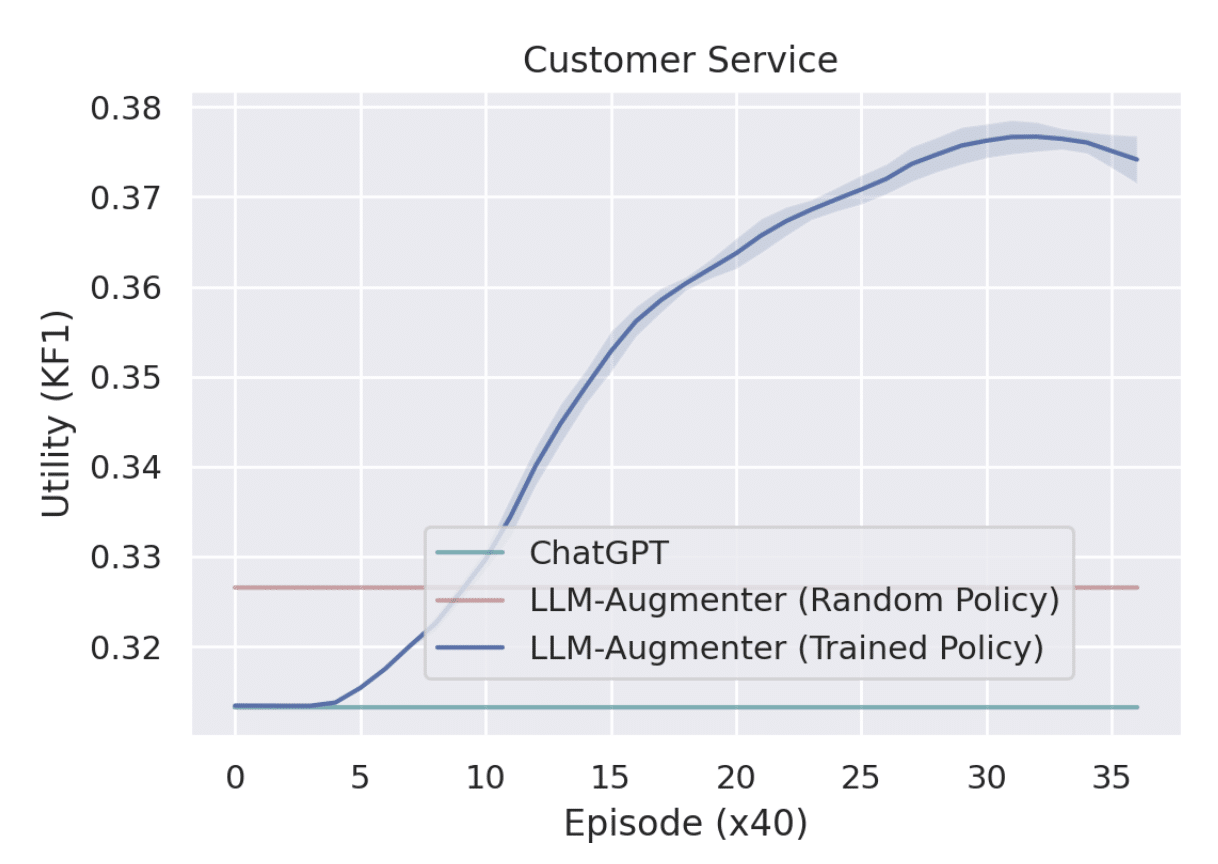The AI utility score measures the gap between the LLM response and the evidence provided by a knowledge consolidator by searching various external knowledge sources, including proprietary data, using algorithms such as BM25.

AI Utility Score: A Marketing Analyst’s Guide
AI is becoming an increasingly valuable tool in today’s data-driven marketing landscape. One of its most powerful applications is the AI utility score, which helps you objectively evaluate the effectiveness of your marketing efforts.
What is an AI Utility Score?
An AI utility score is a quantifiable measure that represents the predicted impact of a specific marketing action on key performance indicators (KPIs) like customer acquisition, conversion rate, or brand awareness. It leverages AI algorithms to analyze various data points, including customer demographics, past campaign performance, and market trends, to generate a numerical score.
Why is it Important?
In a world saturated with marketing messages, it’s crucial to prioritize your investments and focus on initiatives with the highest potential return. AI utility scores provide objective and data-driven insights, enabling you to:
- Identify high-performing campaigns and channels.
- Optimize resource allocation.
- Predict campaign outcomes and mitigate risks.
- Personalize marketing efforts for individual customers.
How is it used?
AI utility scores can be applied throughout the marketing lifecycle:
- Campaign planning: Use scores to compare different campaign options and select those with the highest predicted impact.
- Budget allocation: Allocate resources to campaigns and channels with the highest potential return on investment (ROI).
- Content optimization: Optimize content based on predicted engagement and conversion rates.
- Personalization: Personalize marketing messages and recommendations based on individual customer preferences and behaviors.
Applicability:
AI utility scores are valuable for marketing managers across all industries and business sizes. They are particularly beneficial for:
- Data-driven companies: Companies with a strong data culture can leverage AI utility scores to extract deeper insights from their data.
- Performance-focused marketers: Marketers focused on optimizing campaign performance and maximizing ROI.
- Customer-centric organizations: Companies focused on personalized marketing and customer experience.
Case Studies:
1. E-commerce company:
- Used AI utility scores to personalize product recommendations for individual customers.
- Result: Increased conversion rate by 25%.
2. Media company:
- Utilized AI to predict the effectiveness of different ad placements.
- Result: Increased click-through rate by 30%.
3. Travel agency:
- Leveraged AI to optimize content for specific customer segments.
- Result: Increased booking rate by 15%.
How to Learn More:
- Industry blogs and articles: Follow publications like Marketing AI Institute and MarTech for insights on AI applications in marketing.
- Vendor websites: Explore product offerings from AI marketing solution providers like Salesforce Einstein and Adobe Sensei.
- Online courses and certifications: Enroll in courses offered by Coursera and Udacity to deepen your understanding of AI marketing.
AI utility scores offer an invaluable tool for marketing managers to make data-driven decisions, optimize performance, and deliver personalized customer experiences. By understanding the concept, its applications, and real-world examples, you can harness the power of AI to achieve superior marketing results.
